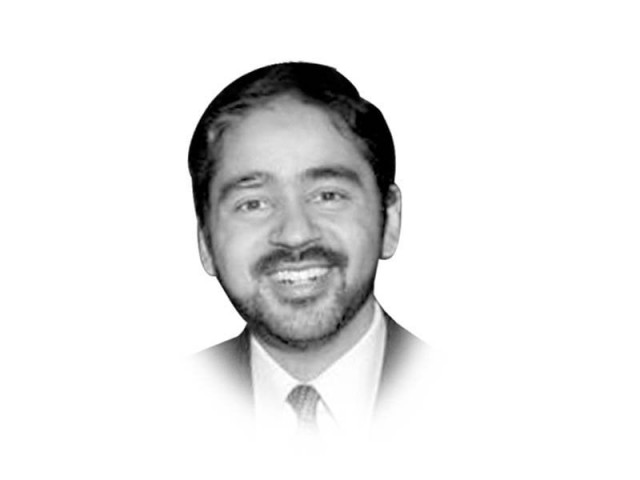The mood in Beirut
It is time to stand up for the weak and voiceless and to do everything to create a dignified existence for everyone

The writer is a Howard Hughes Medical Institute professor of biomedical engineering, international health and medicine at Boston University. He tweets @mhzaman
By the time I reached Beirut, the news was everywhere. The impact of the events is inescapable here. The mood among the citizens I spoke to is a combination of anxiety, frustration, anger and bewilderment. The anxiety is not just about the potential conflict in the region, but also what this may all mean for the country’s already fragile economy. Inflation is likely to increase further as war clouds loom large. The frustration stems from the fact that the moment, unique in Lebanon’s history, when the people were wresting control of their own future, might be lost for a long time. Under the guise of regional security, the status quo of powerful political parties may return. The potential loss of optimism about an inclusive, non-sectarian future is making many frustrated. The anger stems from similar feelings about not being in charge of one’s own destiny. There is also a sense that powerful armies feel entitled to do whatever they want without any regard for the sovereignty of a country. There is also bewilderment about an awfully poor understanding of the culture, religion, history, heritage and ties that bind people together.
Lebanon is unique as it hosts millions of refugees from Palestine and Syria. The mood among the refugee communities is of despair and increased vulnerability. Economic crises hit the most vulnerable the hardest and often fuel xenophobia. High inflation is likely to cause further and irreparable harm to the refugees. Then there is a strong sense that during times of crisis and uncertainty, governments and institutions spend less, not more on refugees. International aid — that is already woefully inadequate — may decline further. Aid workers, may decide to stay away from humanitarian work. For Syrian refugees, going back is all the more difficult now given the collapse of cities and infrastructure in Syria and complete lack of investment to rebuild by the government or international partners. Worse, there may be more refugees not less in the near future. For Palestinian refugees who are almost exclusively dependent on support of a massively underfunded UN agency (UNRWA), things are looking bleak. After repeated cuts from the US, the UNRWA has been getting some support from other countries but they may hold back or stop altogether as the region becomes more unstable.
At this time when life has become harder for millions of people, it is easier to sit back and let the powerful gamble. The right thing, however, is the exact opposite. This is the time to stand up for the weak and the voiceless and to do everything in our capacity to create a dignified existence for everyone.
Published in The Express Tribune, January 7th, 2020.
Like Opinion & Editorial on Facebook, follow @ETOpEd on Twitter to receive all updates on all our daily pieces.















COMMENTS
Comments are moderated and generally will be posted if they are on-topic and not abusive.
For more information, please see our Comments FAQ